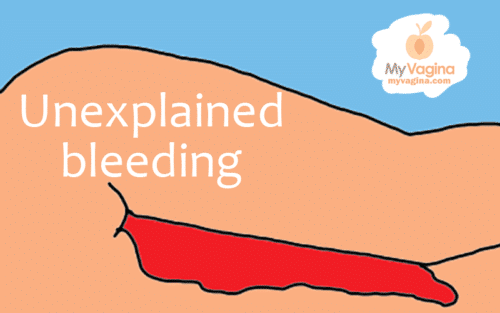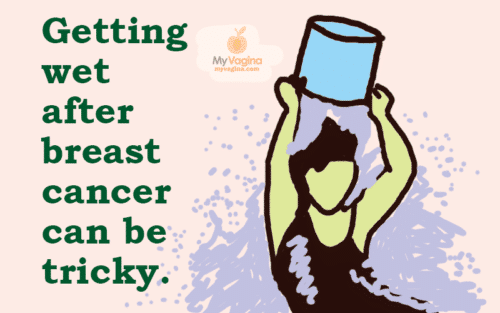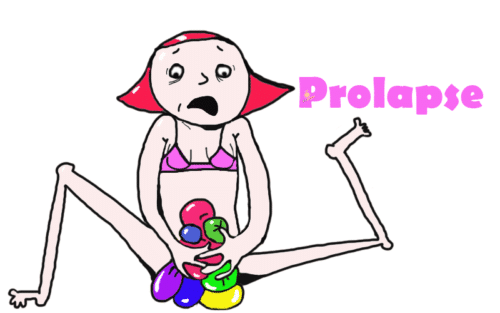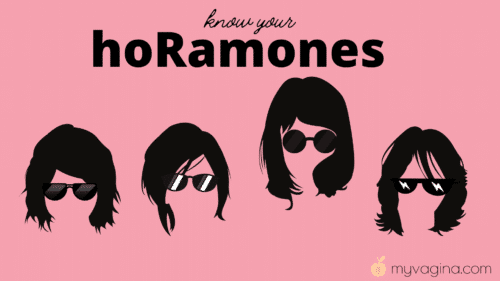Contraceptive alternatives to the pill
Don't want to take the pill? Weigh up the pros and cons of the alternatives here...
Synthetic hormones in contraceptive pills and rings
Not sure what is in your contraceptive? Find out here.
Eating for PCOS quick guide
Not sure what to eat? Print this handy chart and keep it nearby.
How to track your menstrual cycle and identify ovulation
Not sure when or if you ovulate? We run you through charting your cycles and how to check if and when you are ovulating using some very simple tips and tricks. No temperatures!
How to plan ahead and eat well when you don’t have much time – PCOS
Tips on how to get more out of your food without compromising your diet.
Review: VH Essentials PMS Nighttime Formula – what is it and what does it do?
We take a closer look at the nighttime formula for PMS by VH Essentials.
Review: VH Essentials PMS Daytime Symptom Relief – what is it and what does it do?
We discuss the product to see how it works.
Understanding unopposed oestrogen
Unopposed oestrogen is the state whereby there is not enough progesterone to counteract the oestrogen present. Unopposed oestrogen can be dangerous.
Premenstrual syndrome (PMS) and premenstrual dysphoric disorder (PMDD)
Premenstrual syndrome and premenstrual dysphoric disorder are both variations on the same theme: premenstrual symptoms that range from mildly annoying to deeply disturbing.
Acne and PCOS
Acne and PCOS are deeply linked, since PCOS is mainly a blood sugar dysregulation issue, not a hormonal issue. We explain.
Complete, mild, or partial androgen insensitivity syndrome (CAIS, MAIS, PAIS)
Androgen insensitivity syndromes mean babies born as genetic males have an androgen receptor problem that means they develop, more or less, into females, including gender identity, body shape, and sexual identity.
Polycystic ovarian syndrome (PCOS)
Polycystic ovarian/ovary syndrome (PCOS) links with hormonal imbalances relating to insulin, androgens and function of the ovaries.
Understanding diabetes and an itchy, yeasty vagina
Women with diabetes and blood sugar dysregulation get more yeast infections due to high glucose levels in the vagina feeding the yeasts.
How pH affects glycogen degradation in the vagina and affects lactobacilli growth
The acidity or alkalinity of the vagina impacts on how glycogen is broken down by amylase. This impacts lactobacilli numbers. We explain how.
Dysfunctional uterine bleeding (DUB) (spotting, mid-cycle bleeding)
Dysfunctional uterine bleeding is irregular or unusual bleeding that needs to be investigated. Uterine bleeding should, technically, only happen during your period, so if it's not your period, it must be something else.
Atrophic vaginitis in breast cancer survivors
Moistening the vaginas of women suffering from the side-effects of breast cancer treatment.
Understanding oestriol (E3)
Oestriol is a weak oestrogen, useful for topical application in instances where there is low oestrogen (like menopause).
Causes of heavy periods
Heavy periods can be caused by (paradoxically) being low in iron, having hormonal imbalances, or even having liver issues.
Vaginal prolapse, pelvic organ prolapse and vaginal/pelvic relaxation syndromes
The prolapse of pelvic organs into the vagina can occur for several reasons, with treatment available.
Hormones and the menstrual cycle
When we are fertile, when we get our periods, and how we feel is all down to hormonal balance in our bodies.





